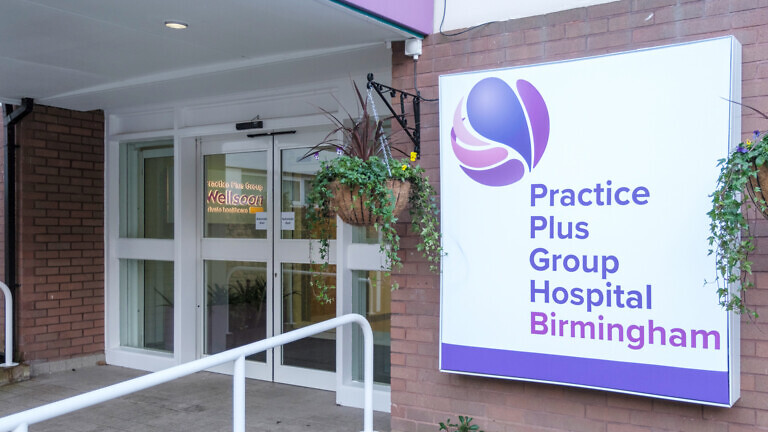A white paper from Acacium Group and Cavell has found that almost two-thirds of agency staff believe that staffing issues are the main patient safety concern.
One in five bank and agency staff have raised concerns about patient safety in NHS hospitals and clinics. Almost two-thirds (65%) believe that staffing issues are the main patient safety concern amid an increased staffing squeeze.
A new white paper from Britain’s largest provider of health and social care professionals Acacium Group and Cavell, a UK charity dedicated to supporting nurses and midwives in times of crisis, and based on more than 4,000 responses from bank and agency workers, highlights how workforce shortages rank as the biggest risk to safe care.
“Frontline professionals are often the first to notice when safety is compromised,” said Alex Ryan, group director of service development at Acacium Group. “The flexible workforce steps in during critical moments and their insights are vital to shaping safer systems. Ignoring their voices risks undermining the very care reforms we aim to achieve, and with more than 10% considering leaving the sector, the pressure on our healthcare system will only get worse”
In the report, almost a quarter (24%) of respondents thought that current staffing levels were sufficient to maintain patient safety, while more than one in five (21%) said that they had personally raised patient safety concerns.
Familiar problems
The problems flagged should not be a surprise. As Jay Thinsa, chief services officer at healthcare staffing agency Kingdom Healthcare, pointed out in Healthcare Today last month: “Reports of hospitals being short-staffed are so commonplace that it seems to become synonymous with UK healthcare, but likewise, are tightening budgets and stalled recruitment that lead to worsening the problem, rather than improving it”.
This should not be a theoretical issue; rather it is one that impacts day-to-day care.
Recent scandals in maternity care have been attributed to a lack of staff. When the Care Quality Commission (CQC) downgraded maternity services at Leeds General Infirmary and St James’s University Hospital in June, Ann Ford, CQC’s director of operations in the north, specifically said that “staff shortages impacted the timeliness of the care and support”.
As Lewis Allett, chief executive of Cavell, commented: “Patient safety relies on worker safety. When professionals are burnt out or unsupported, care can suffer. This report is a call to action to protect both”.



